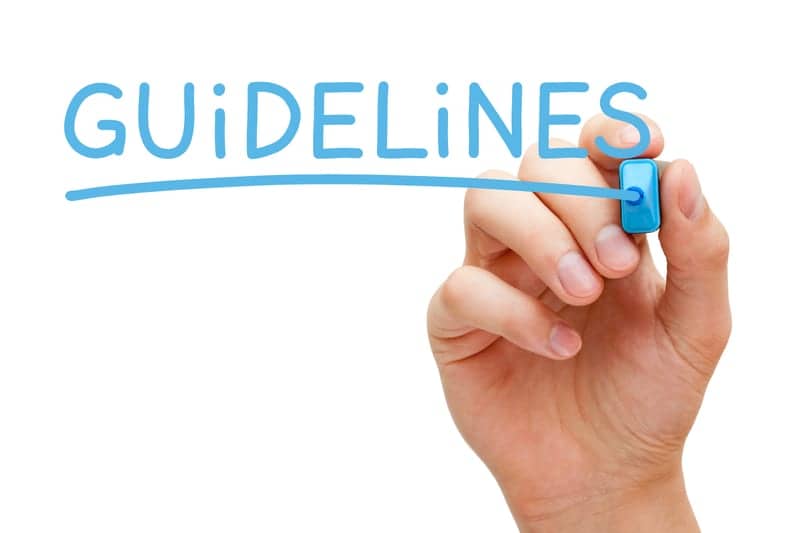ECRI Institute has launched the ECRI Guidelines Trust, a portal to expertly vetted, evidence-based guideline briefs and scorecards. The healthcare community has free access to the website, which will grow over time as more clinical guidelines become available.
ECRI Institute developed the new resource in response to pleas from healthcare professionals after substantial federal funding cuts forced the Agency for Healthcare Research and Quality (AHRQ) to shut down the National Guideline Clearinghouse (NGC). ECRI had developed and maintained the NGC website for 20 years.
“Trustworthy clinical practice guidelines are essential to medical professionals who need to deliver safe and effective patient care. Since ECRI Institute’s mission is to advance effective, evidence-based healthcare globally, we are taking the lead to provide free access to trusted guideline resources,” says Marcus Schabacker, MD, PhD, president and CEO, ECRI Institute.
The ECRI Guidelines Trust features new summaries of evidence-based guidelines from participating guideline developers, medical specialty societies, and other healthcare organizations. All Guideline Briefs include ECRI’s new TRUST Scorecard, which evaluates the rigor and transparency of a guideline to see how it stacks up against the Institute of Medicine standards for trustworthiness. ECRI evaluations are unbiased, fact-based, and free from industry influence.
“The ECRI Guidelines Trust is not simply the National Guideline Clearinghouse under a new name. When the NGC website was shut down on July 17, its records became inaccessible. So, the ECRI staff who had worked on NGC had to start over,” says Karen M. Schoelles, MD, SM, FACP, director of the ECRI Guidelines Trust and ECRI Institute-Penn Medicine Evidence-based Practice Center.
“It’s an incredible amount of work,” adds Schoelles. “That’s why we are launching with an initial set of Guideline Briefs and TRUST Scorecards, and will be adding new content continuously as it becomes available.”
The next phase of the ECRI Guidelines Trust, coming in 2019, will feature advanced search capabilities, an enhanced user interface, and support for guideline implementation and decision-making.




